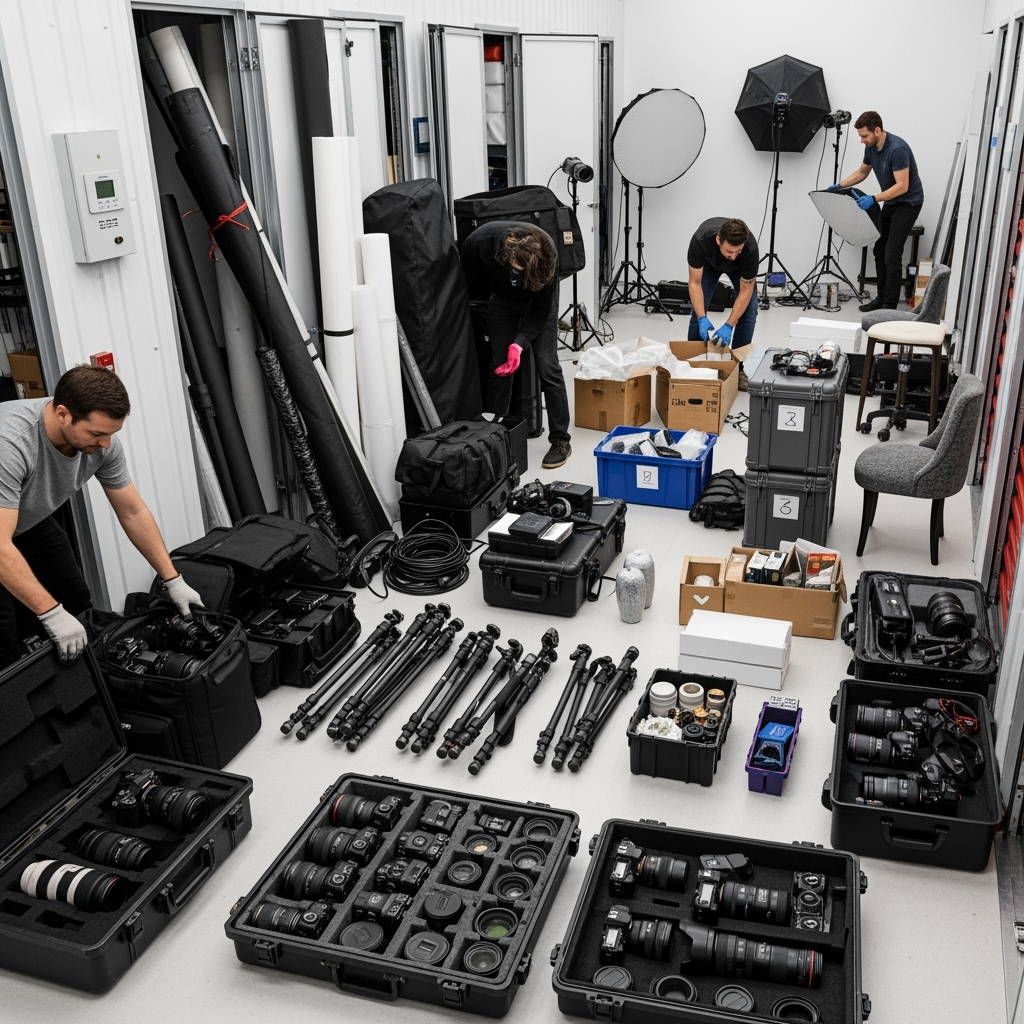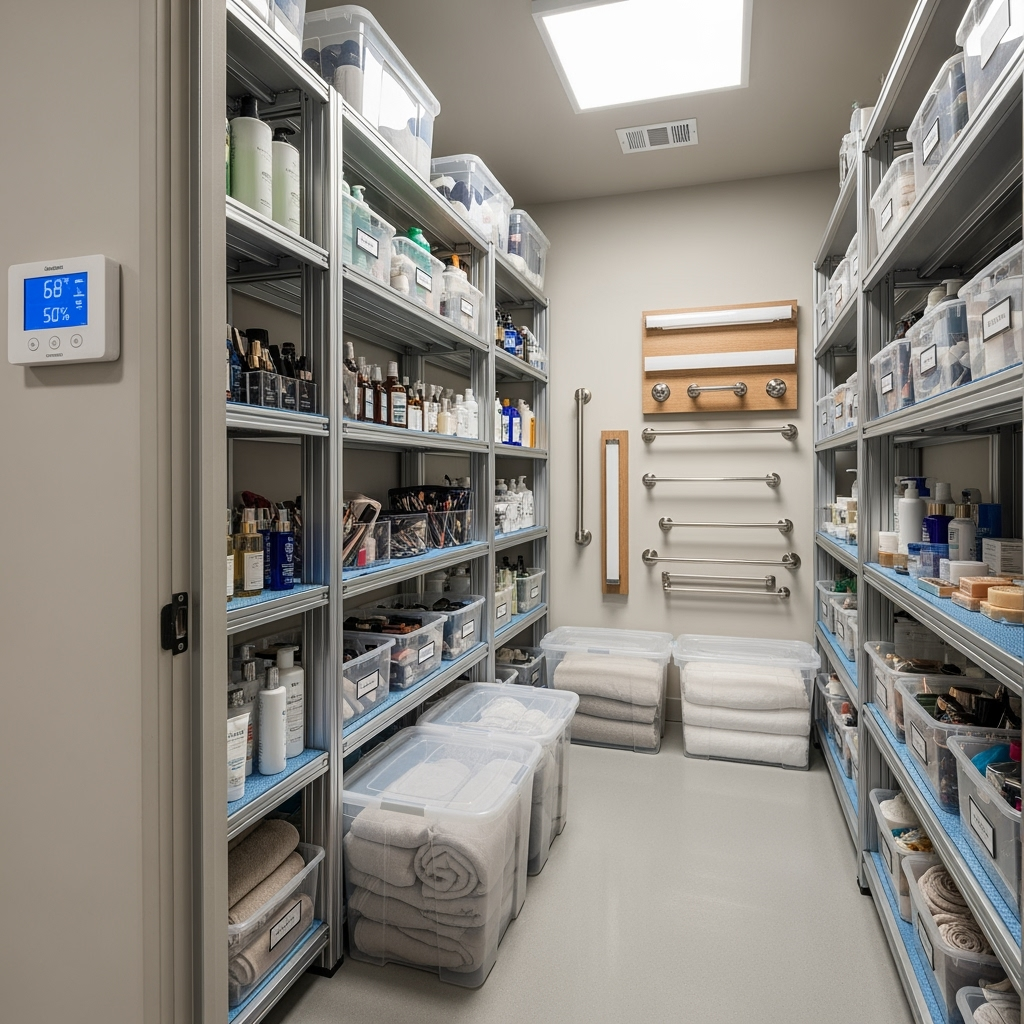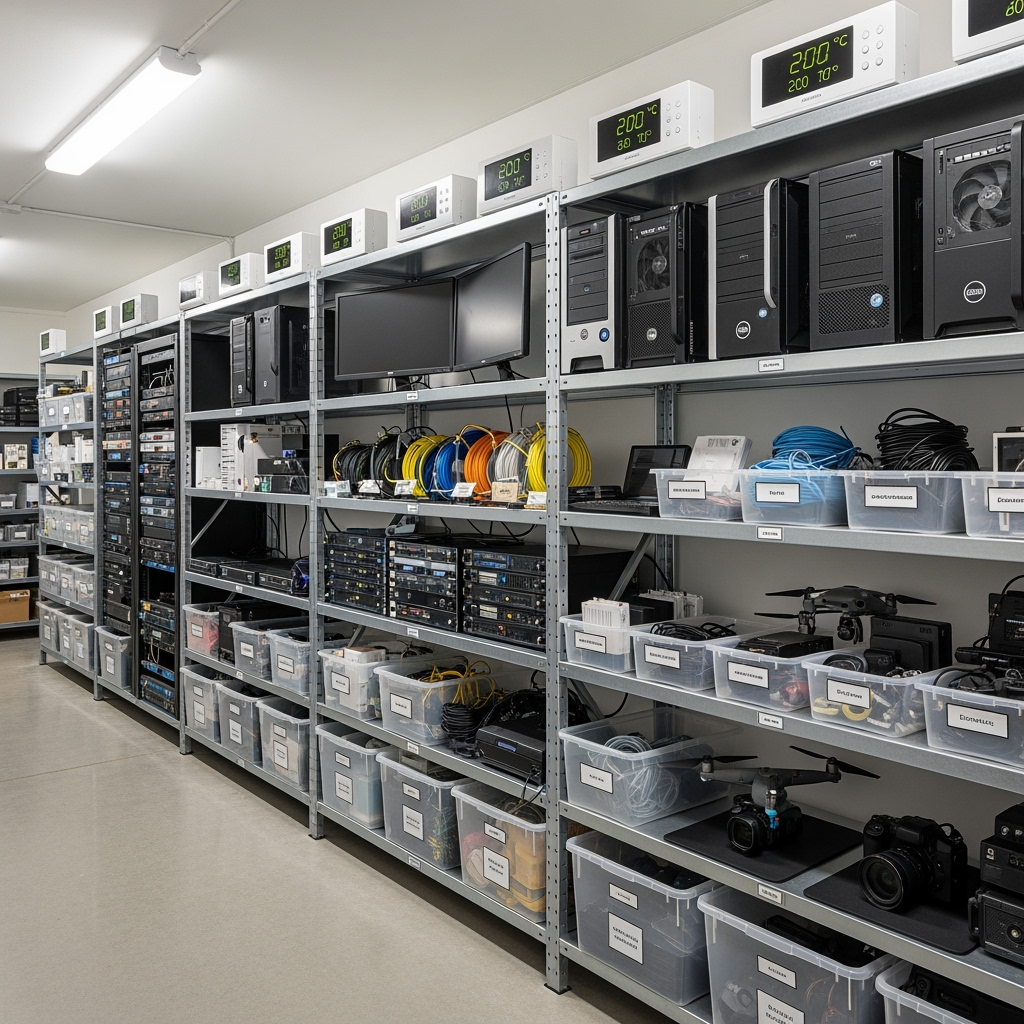Making the Transition to Smaller Living Spaces More Environmentally Friendly
As seniors embrace the journey of downsizing, there’s an increasing awareness of how storage solutions can be both practical and environmentally responsible. This comprehensive guide explores how to make your downsizing transition eco-friendly while maintaining organization and peace of mind.
The Environmental Impact of Traditional Downsizing
Traditional downsizing often involves disposable packing materials, single-use boxes, and items ending up in landfills. By adopting sustainable practices, seniors can minimize their environmental footprint while efficiently managing their possessions.
Eco-Friendly Packing Solutions
Consider these sustainable alternatives to traditional packing materials:
- Reusable plastic containers for frequently accessed items
- Biodegradable packing materials
- Second-hand boxes from local businesses
- Cloth bags and reusable bins for sorting
- Natural fiber padding materials
Smart Sorting Strategies
Organize your belongings into clear categories:
- Keep – Items essential for your new living space
- Donate – Gently used items that others can benefit from
- Recycle – Items that can be properly recycled
- Family Heritage – Meaningful items to pass down
- Storage – Seasonal or occasional-use items
Climate-Controlled Storage: A Sustainable Choice
Climate-controlled storage units offer energy-efficient solutions for preserving your valuable possessions. These units maintain consistent temperatures and humidity levels, protecting your items while minimizing environmental impact.
Digital Organization Solutions
Reduce paper clutter with digital alternatives:
- Scan important documents for digital storage
- Create digital photo albums
- Use eco-friendly cloud storage solutions
- Maintain digital inventories of stored items
Donation and Recycling Best Practices
Make responsible choices when parting with items:
- Research local donation centers and their needs
- Consider consignment for valuable items
- Explore recycling programs for electronics and furniture
- Connect with community groups for item sharing
Sustainable Storage Unit Organization
Maximize your storage unit efficiency with these eco-friendly tips:
- Use clear, reusable containers for better visibility
- Implement vertical storage solutions to maximize space
- Create clear aisles for easy access
- Label everything clearly to avoid unnecessary searching
- Use natural pest deterrents
Long-Term Maintenance Strategies
Maintain your storage unit sustainably:
- Regular inventory checks to prevent unnecessary storage
- Proper cleaning using eco-friendly products
- Seasonal rotation of stored items
- Maintenance of climate control settings
The Financial Benefits of Sustainable Storage
Eco-friendly storage solutions often lead to cost savings through:
- Reduced need for replacement packing materials
- Lower maintenance costs
- Energy-efficient storage solutions
- Potential tax benefits from donations
Creating Your Sustainable Storage Timeline
Develop a realistic timeline for your sustainable downsizing journey:
- Initial assessment and planning phase
- Sorting and organization period
- Sustainable packing timeline
- Storage unit setup schedule
- Regular maintenance planning
Conclusion: A Greener Future Through Smart Storage
Sustainable downsizing isn’t just about storing items – it’s about making responsible choices that benefit both you and the environment. By implementing these eco-friendly storage solutions, seniors can create an organized, efficient, and environmentally conscious transition to their next chapter.










Leave a Reply